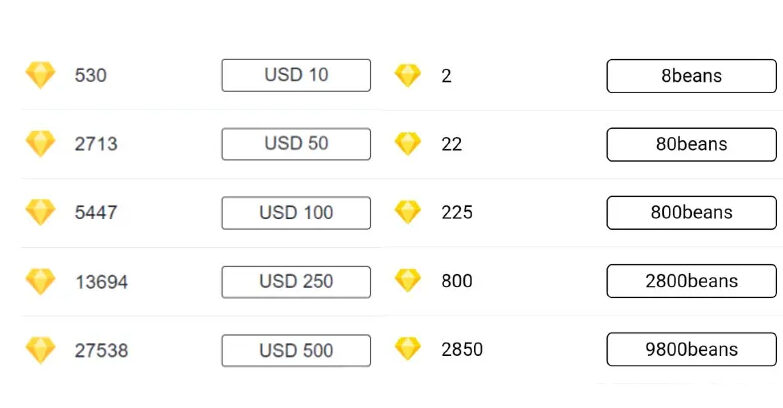What makes a website rank well in search engines? Many factors! On-page and off-page SEO are two significant parts of the equation, and they’re both equally important. Let’s dive into what each of these terms means and how to implement them successfully on your website to maximize your rankings! Further if you needed then can consider assistance from Perth SEO for proven results.
What do you understand about On-page SEO?
On-page SEO, or Onsite Optimization, refers to the optimization you do on your actual website. It generally focuses on content, titles and meta descriptions. You want to ensure that your site can be found as relevant search terms are entered into Google. The idea is that visitors will use Google search to find information online—and if they’re searching for something, they must find what they’re looking for (and hopefully not some other random result). For example, if you run a pet store in Austin, TX, you want potential customers using Google search terms like Austin pet store or best local dog food to land on your website.
What is off-page SEO?
Off-page SEO refers to any tactic that doesn’t involve altering your page’s source code. This includes link building, reputation management, social media promotion, and more. Off-page SEO can be somewhat misleading because it implies that on-page optimization isn’t an integral part of search engine optimization. That’s not true, however. To say you practice off-page optimization would be similar to saying you use a hammer but don’t know how to build with wood–you have one crucial tool at your disposal but can’t do much with it unless you know how to use it. If you’re interested in learning about off-page SEO strategies, check out professionals’ guides. If you’re looking for information about on-page optimization tactics, read on!
Which is more critical, On-Page or Off-Page SEO?
Does On-Page matter, or are all eyes on Off-Page. Every modern business needs to have a website and make sure that it performs well online. The first step in doing so is to make sure you optimize your site for search engines, which means making sure that your site’s pages are structured so that search engines like Google can easily index them. You need to pay attention to two significant aspects: On-page optimization and off-page optimization. Both of these areas play an essential role in optimizing your website, but people often confuse them with each other. So, what exactly is on-page versus off page optimization?
How to optimize for off-page SEO
It’s not always possible to optimize for off-page SEO from within your content (some sites don’t let you do it), but a few examples of off-page optimization include social media, link building, and guest blogging. While on-page optimization can help get you found by search engines, off-page optimization helps search engines understand what your site is about. Your keyword targeting has to be great on both fronts for success. For example, search engines may not find it relevant to their users if your keyword phrase doesn’t appear in enough places throughout your site or in high quantities (don’t stuff keywords!). On-page SEO might increase your ranking, but that ranking won’t last long without off-page SEO.
How to optimize for on-page SEO
On-page SEO is essentially optimizing your website to perform well in search engines, which will lead to more traffic. It includes optimizing your website title tags, meta descriptions, images, keyword placement, et cetera. This type of SEO is accomplished by both off-page and on-page factors. On-page factors are what you can control on your site, for example, using relevant keywords in post titles. These things directly impact how a page ranks when someone searches those terms specifically. But other factors impact your ranking, such as backlinks (off-page). How to optimize for off-page SEO: Off-Page – or Offsite – SEO refers to an action you take that isn’t located on your site/blog.
Different categories of on-page and off-page seo
On-page refers to anything that can be done to a single web page. A search engine’s algorithm uses these signals and hundreds of others to determine how relevant your content is concerning user searches. Since on-page SEO makes direct changes to a single page or group of pages, it’s easier for Googlebot to see changes made by websites and process them faster than changes made off of those pages. You want to focus on on-page before looking at off-page optimizations. It can also be more effective because you only need to worry about one page instead of many pages across a website, as off-page optimization requires.
To Conclude
On-page SEO is essential for optimizing a webpage for search engines, but it doesn’t do much to affect your rank in search results. Off-page factors come into play—things like links, mentions, social media popularity, et cetera. On-page factors are also important when they directly correlate to off-page factors. For example, on-page solid content that performs well on social media could positively impact your ranking by increasing popularity. There’s no correct answer as to which type of SEO is more critical, as each factor works together with other elements of an online presence. The bottom line: Both on-page and off-page SEO should be included in any comprehensive digital marketing Melbourne strategy.
Author bio:
Hello, I am a professional SEO Expert & Write for us technology blog and submit a guest posts on different platforms- we provides a good opportunity for content writers to submit guest posts on our website. We frequently highlight and tend to showcase guests.








